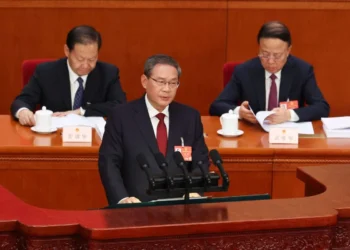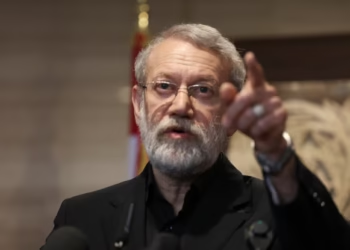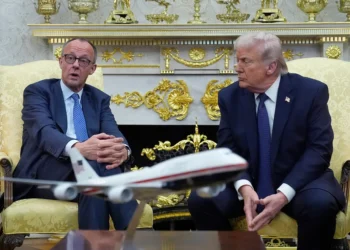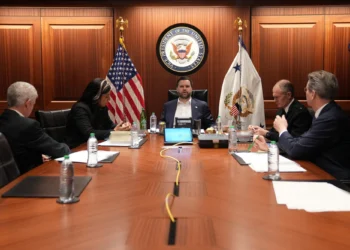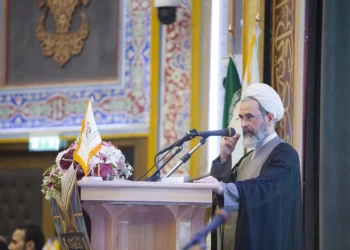WASHINGTON (Realist English). For the past two decades, Washington has made an enormous bet in the Indo-Pacific—that treating India as a key partner will help the United States in its geopolitical rivalry with China. From George W. Bush onward, successive U.S. presidents have bolstered India’s capabilities on the assumption that doing so automatically strengthens the forces that favor freedom in Asia, Ashley J. Tellis, Senior Fellow at the Carnegie Endowment for International Peace notes in a column for Foreign Affairs magazine.
“Washington’s current expectations of India are misplaced. India’s significant weaknesses compared with China, and its inescapable proximity to it, guarantee that New Delhi will never involve itself in any U.S. confrontation with Beijing that does not directly threaten its own security.India values cooperation with Washington for the tangible benefits it brings but does not believe that it must, in turn, materially support the United States in any crisis—even one involving a common threat such as China.” the expert notes.
In his opinion, the fundamental problem is that the United States and India have divergent ambitions for their security partnership.:
“As it has done with allies across the globe, Washington has sought to strengthen India’s standing within the liberal international order and, when necessary, solicit its contributions toward coalition defense. Yet New Delhi sees things differently. It does not harbor any innate allegiance toward preserving the liberal international order and retains an enduring aversion toward participating in mutual defense.
It seeks to acquire advanced technologies from the United States to bolster its own economic and military capabilities and thus facilitate its rise as a great power capable of balancing China independently, but it does not presume that American assistance imposes any further obligations on itself.”
The Carnegie Endowment expert believes that as the Joe Biden administration continues to expand its investments in India, it should base its policy “on a realistic assessment of Indian strategy and not on any delusions of New Delhi becoming a comrade-in-arms during some future crisis with Beijing.”



